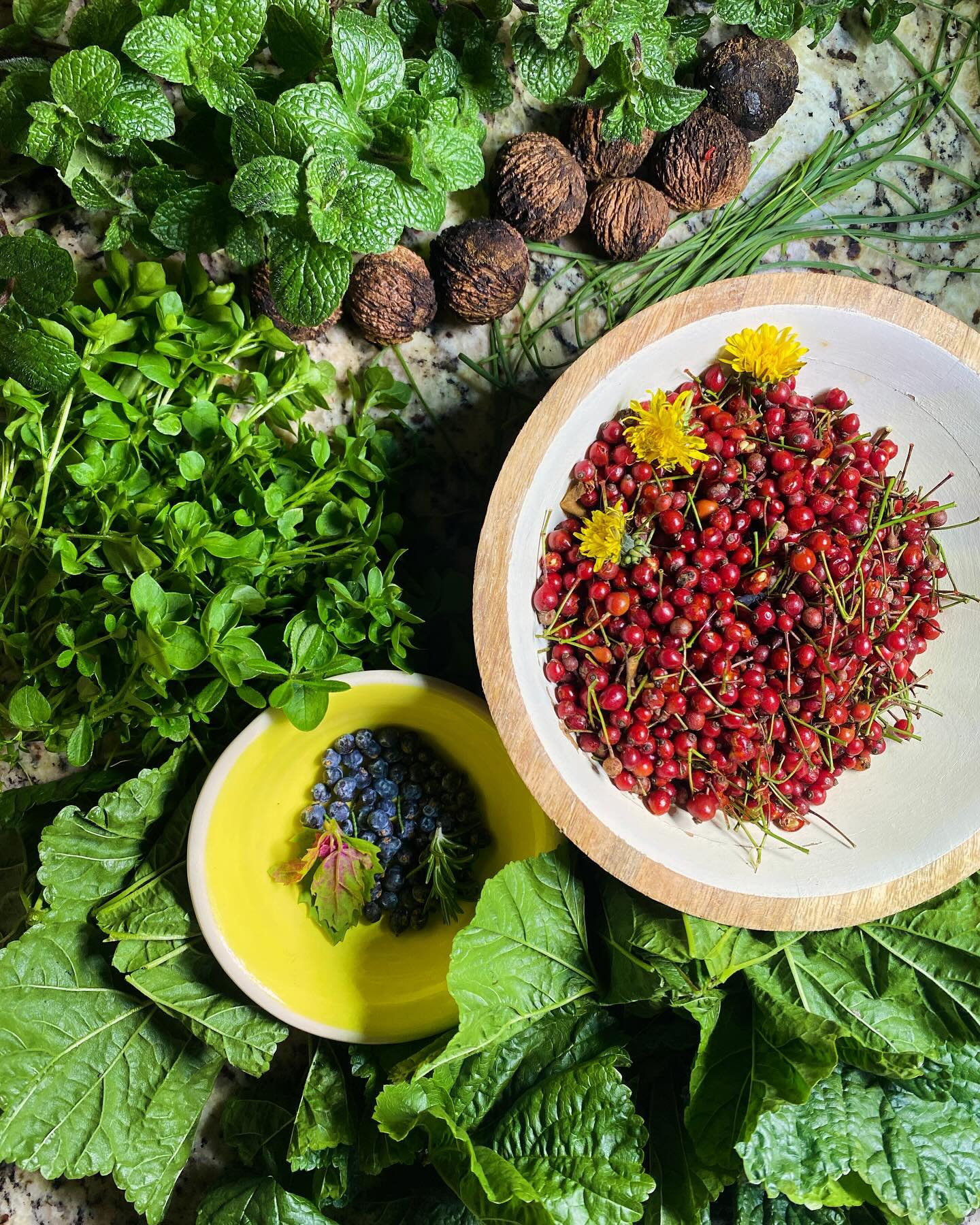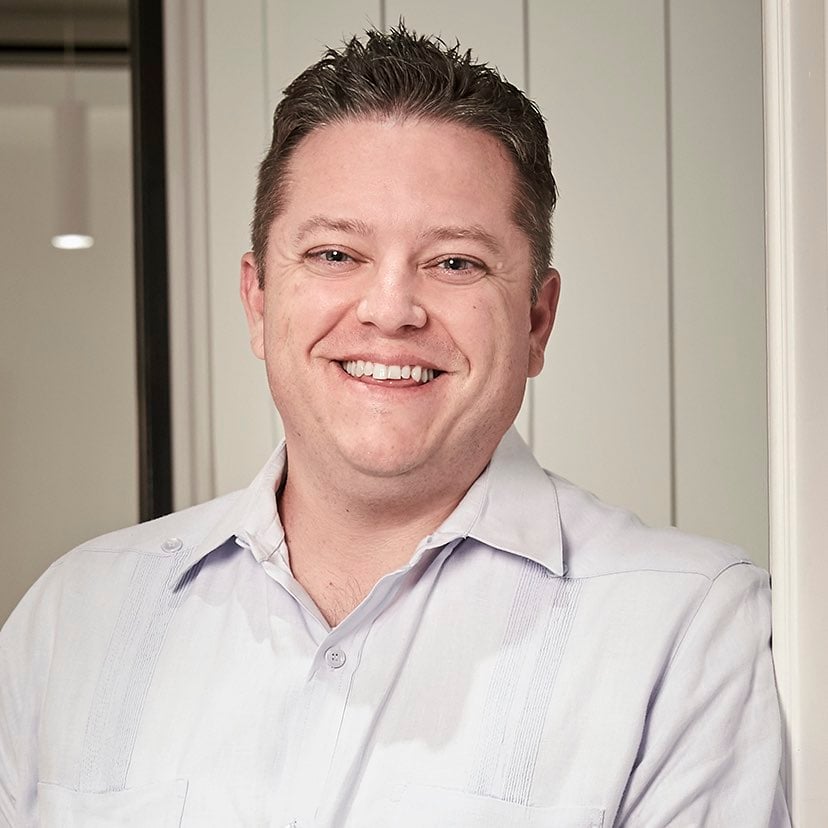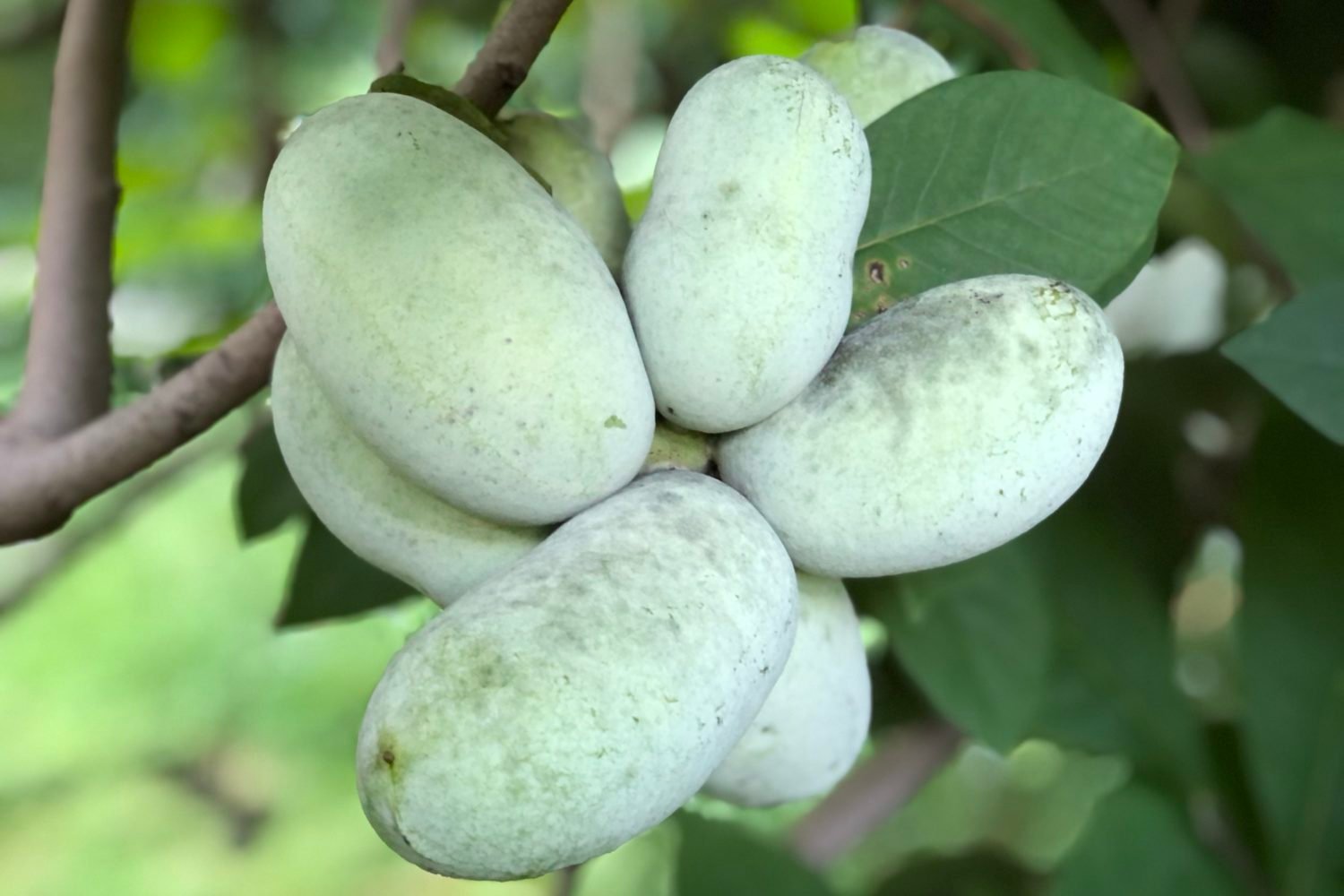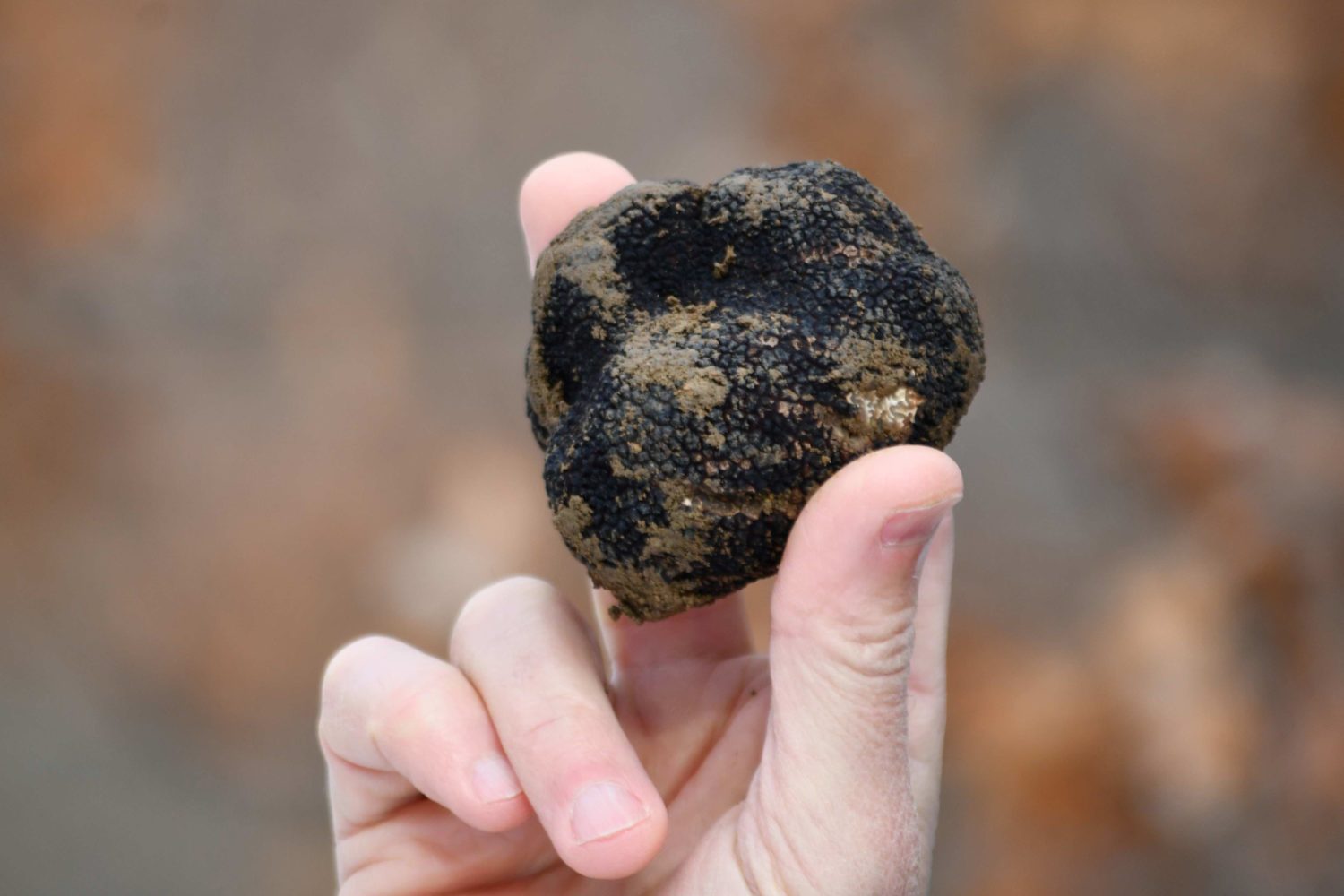April Thompson
language Website
The culinary chair of the Mycological Association of Washington, DC, specializes in urban foraging excursions, leading walks throughout the city to identify, sustainably gather, and utilize the edible and medicinal plants growing in sometimes unexpected city spaces. Thompson emphasizes seeking out comestible invasive species—including garlic mustard and lamb’s-quarters—to help eradicate them. Classes sometimes end with a homemade treat, such as mugwort crackers or wild-violet shortbread.
Matt Cohen
language Website
With almost three decades of experience, Cohen is an OG forager. He usually leads two walks a month in Montgomery County, though he’s willing to travel to other parts of the Washington area for private bookings. His talks focus on identifying edible plants, but he often brings along wild-food preparations and encourages guests to try whatever they find, such as fruits, seeds, flowers, leaves, twigs, and saps.
Bodhi Vasilopoulos
language Website
Over the past five years, this regenerative farmer and forager has taught more than 6,000 wild-food enthusiasts. Most weekends, he leads walks at local parks and farms in DC and Maryland, discussing plant and mushroom identification, sustainable-harvesting practices, cooking techniques, propagation methods, and medicinal preparations. Participants are encouraged to nibble on their finds, which could include blackberries, sassafras leaves, pawpaws, stinging nettles, and persimmons.
Candise Jordan
language Website
A farmer and self-proclaimed “plant nerd,” Jordan loves teaching newbies. Her walks and workshops in DC and eastern Maryland include how to identify and prepare common edible weeds, ferment herbal wines, preserve foraged plants, use wildflowers for healing purposes, and transform wild ingredients into pastries, salads, and teas. Most sessions end with the chance to taste homemade food and drink laced with wild elements.
This article appears in the October 2024 issue of Washingtonian.



















